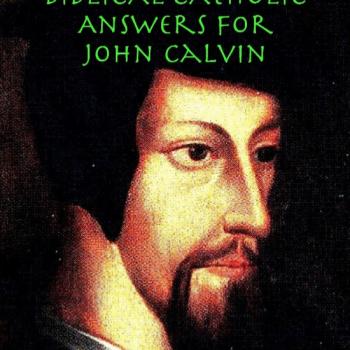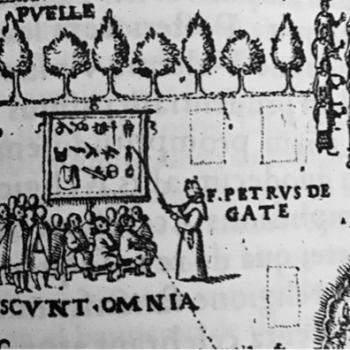
What happens out West does not necessarily stay there. On November 6, voters in the State of Massachusetts, where I live, will have a “Death with Dignity” Act on their ballot, of the sort that has passed in recent years in Oregon and Washington State. In an election year when economic issues seem to trump all else, this ballot initiative brings a jolting “culture wars” theme into one of the bluest of the blue states. Polls suggest it will likely pass by a wide margin, even though the Massachusetts Medical Society has opposed it. Interestingly though, when the law is described as “Physician-Assisted Suicide,” public opinion swings against it. But it is not described that way on the ballot. Words, I tell my students, matter.
Appearing as Question 2 on the November ballot, the law is summarized on the website of the Massachusetts secretary of state’s office as follows.
This proposed law would allow a physician licensed in Massachusetts to prescribe medication, at a terminally ill patient’s request, to end that patient’s life. To qualify, a patient would have to be an adult resident who (1) is medically determined to be mentally capable of making and communicating health care decisions; (2) has been diagnosed by attending and consulting physicians as having an incurable, irreversible disease that will, within reasonable medical judgment, cause death within six months; and (3) voluntarily expresses a wish to die and has made an informed decision. The proposed law states that the patient would ingest the medicine in order to cause death in a humane and dignified manner.
Passions are high on both sides. For the affirmative case, one might go to www.YesOnDignity.com. For the negative case, visit www.StopAssistedSuicide.org. To understand the issues at stake at a deeper level, one might read an interesting “White Paper” on the topic put out by the Community Ethics Committee, a group with varying views on the law created under the auspices of the Harvard Ethics Leadership Group to advise hospitals in Boston affiliated with Harvard Medical School.
I find myself against the law, although, to be honest, I have never given the issue the serious thought that it deserves. Ballot questions, to paraphrase Samuel Johnson, have a wonderful way of focusing the mind. So I have been pondering. For starters, I’m the sort of Protestant that believes that on many theological and moral matters, one has the ecumenical duty to consult what the Catholic Church teaches and only dissent as a last resort. The Catechism of the Catholic Church is pretty clear on the matter. On euthanasia, it offers the following:
2279 Even if death is thought imminent, the ordinary care owed to a sick person cannot be legitimately interrupted. The use of painkillers to alleviate the sufferings of the dying, even at the risk of shortening their days, can be morally in conformity with human dignity if death is not willed as either an end or a means, but only foreseen and tolerated as inevitable. Palliative care is a special form of disinterested charity. As such it should be encouraged.
On the subject of suicide, one finds:
2280 Everyone is responsible for his life before God who has given it to him. It is God who remains the sovereign Master of life. We are obliged to accept life gratefully and preserve it for his honor and the salvation of our souls. We are stewards, not owners, of the life God has entrusted to us. It is not ours to dispose of.
2281 Suicide contradicts the natural inclination of the human being to preserve and perpetuate his life. It is gravely contrary to the just love of self. It likewise offends love of neighbor because it unjustly breaks the ties of solidarity with family, nation, and other human societies to which we continue to have obligations. Suicide is contrary to love for the living God.
What is more, as someone who teaches German history, I cannot help but hear in this law the echoes of the Nazi euthanasia program’s mantra: that some life is unworthy of life (lebensunwertes Leben). I also find compelling the argument that laws such as this transform the medical profession by erasing the distinction between “allowing to die” and “killing” while also violating the injunction “always to care, never to kill,” which one can trace back to the Hippocratic oath. In the final analysis, though, it is probably the notion of life as “gift,” which one should neither tamper with unduly (as biotech utopianists clamor for) nor take away (as Question 2 proposes) that provides direction for me on the matter.
At the very least, I encourage readers to reflect seriously on the topic. The Death with Dignity movement has their eyes set on legislation in many others states. It might be coming to your state soon.
Thomas Albert Howard
















